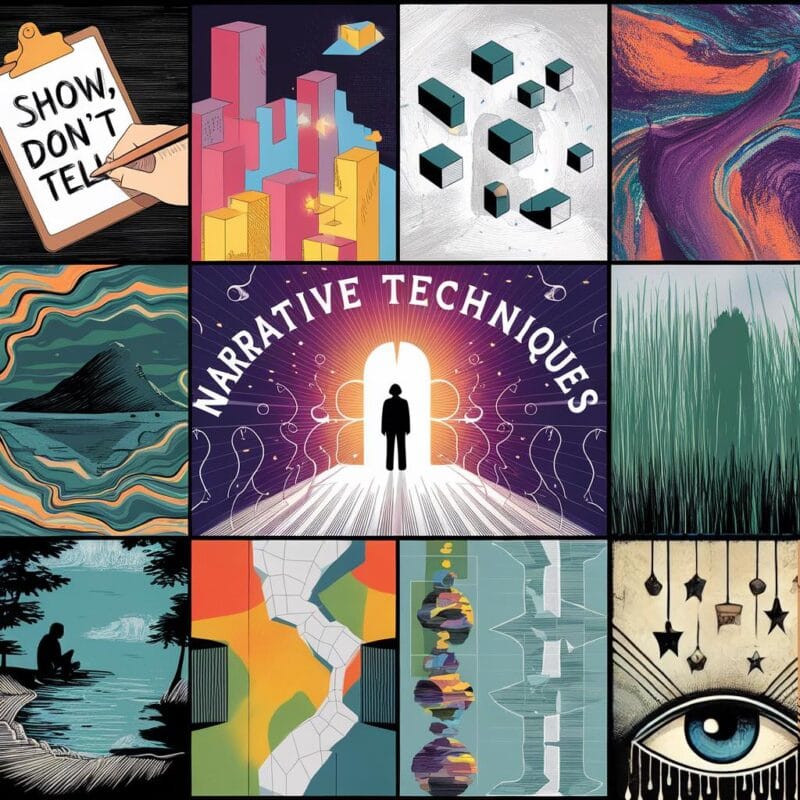Metafiction is a style of prose narrative in which attention is directed to the process of fictive composition. The most obvious example of a metafictive work is a novel about a novelist writing a novel, with the protagonist sharing the name of the creator and each book having the same title.
Metafiction is a type of fiction that calls emphasis to the fact that what we are reading is fiction by constantly reminding the reader of this fact. It is a style of writing in which a self-aware narrator inserts their own point of view into the narrative, turning traditional story structure on its head. The idea is to write a piece of fiction that looks at its own story and how it feels to read it.
One of metafiction’s key goals is to draw attention to the differences between the reader’s experience and the novel’s fictitious setting. Whether overtly or covertly, works of metafiction acknowledge their own status as fiction by being self-aware of linguistic and literary conventions and the storytelling process.
Metafiction seeks to reveal the process of reading itself, by simulating the reading experience of having ourselves actually reading. In this way, metafiction is a dynamic exercise in reciprocity, a constant swapping of being a reader and being read in an attempt to capture the sensation of reading itself.
A metareference happens when a character in a work of fiction recognizes that they are in a work of fiction, and maybe that they are being observed. The phrase “breaking the fourth wall” refers to the metareference that happens when a character in a work displays awareness of the work’s fictitious nature, even if there is no physical barrier between the reader and the story’s setting in literary works.
Metafiction is a concept first used by author William H. Gass in his 1970 book, Fiction and the Figures of Life wherein he explains how writers’ improved knowledge of the medium led to a rise in metafiction during this time period. Although literary ideas like deconstruction and the “death of the novel” helped to pave the way for this new kind of writing, the societal shifts of the period were the primary creative impetuses.
Further Reading
An Introduction to Metafiction by Patrick Kennedy, ThoughtCo
Metafiction or the Self-Conscious Narrative by Anaya M. Baker, Owlcation
What’s the deal with metafiction? Breaking the fourth wall in literature by Francesca Johnson, The Boar
Intrusive Authors and Postmodernist Metafiction by Austin Hackney, Medium




